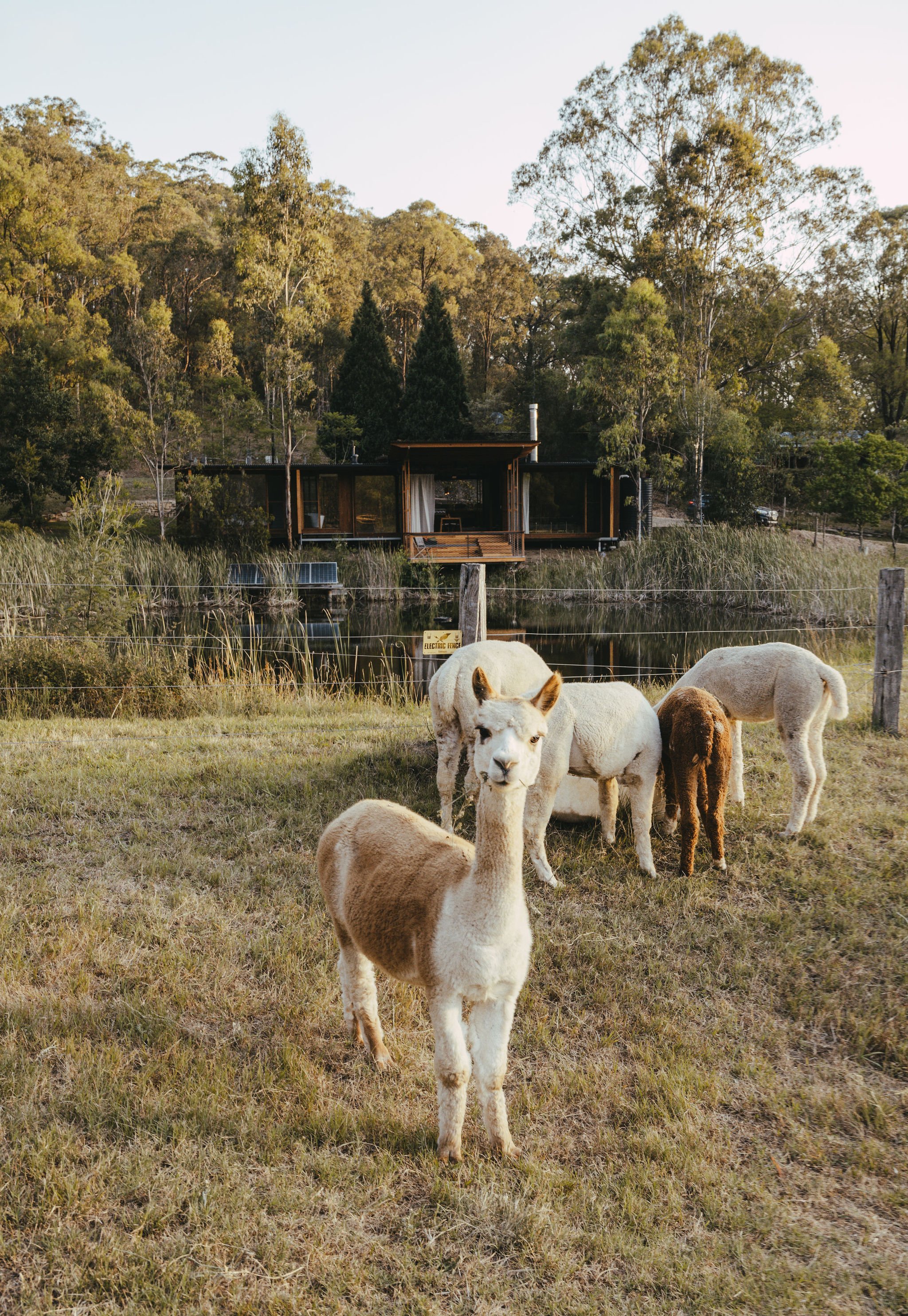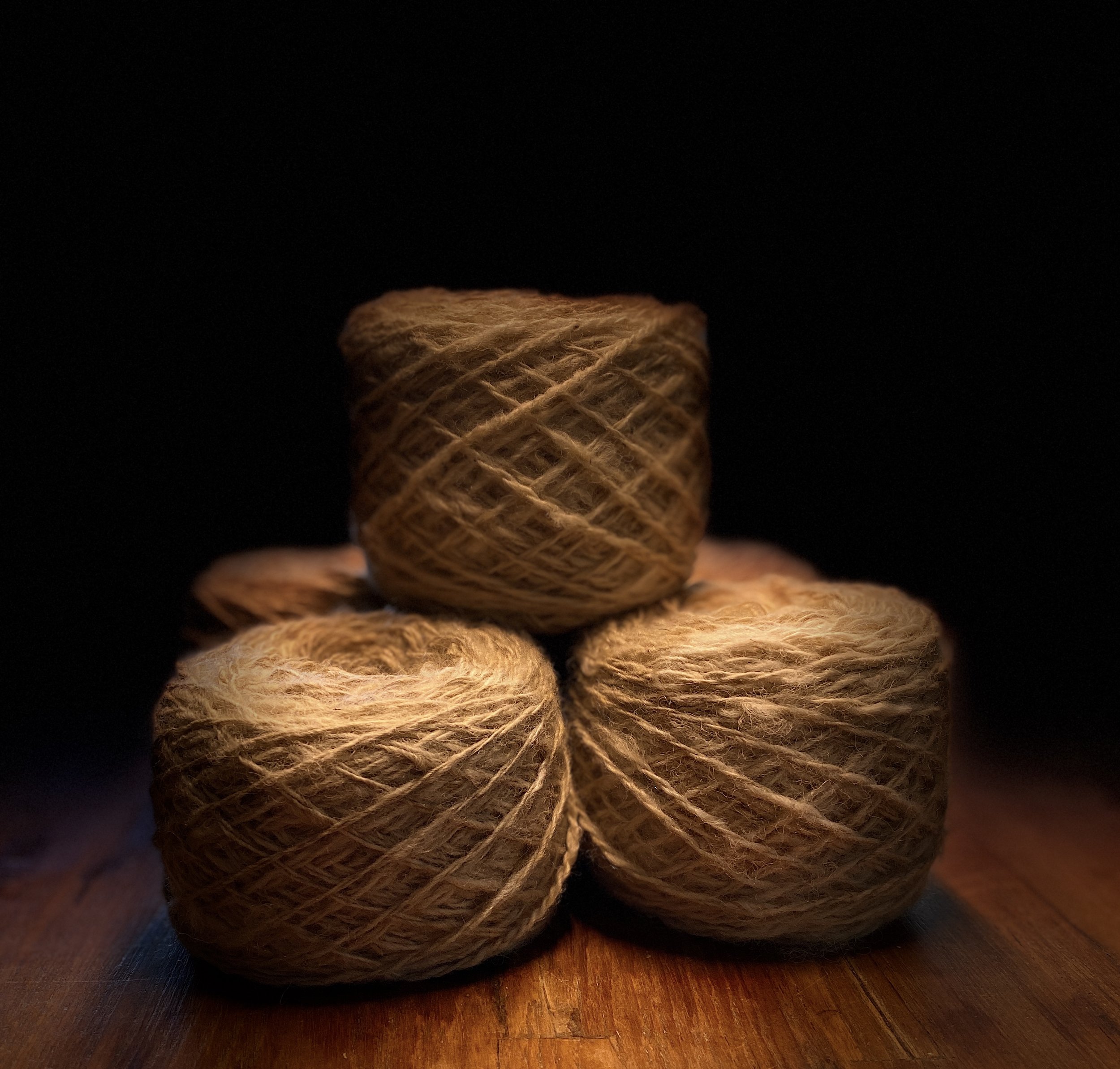There’s something magical about autumn at Little Valley Farm. The alpacas are fluffier, the mornings are crisper, and the golden hues rolling over the paddocks make everything feel like a painting. With the cooler weather now settling in, we’ve been leaning into all things local—especially when it comes to food and wine. And trust us, the Lower Hunter Valley has some absolute gems.
This season is all about slow travel, long lunches, and cosy nights by the fire with a glass of something red and a delicious grazing platter close by. So we thought we’d share a few of our favourite local spots—places we love and happily recommend to guests staying in our summerhouse or popping in for an alpaca workshop.
🥂 Destination Dining: Bistro Molines, Mount View
If there’s one place that captures the essence of autumn indulgence, it’s Bistro Molines. Just a scenic 45-minute drive from the farm, the road there is half the joy—meandering through Wollombi village, past the vineyards of Cedar Creek and up into the misty heights of Mount View. It’s one of those drives where you’ll want to pull over and soak up the view.
As soon as you step inside Bistro Molines, you're transported to the South of France. Think: wrought iron chairs, fresh blooms on every table, terracotta tiles underfoot, and views that sweep out across the vines. The food? Flawless. Whether you're celebrating a birthday with a mini croquembouche or sipping on one of Sally’s sparkling cocktails, you’ll be wrapped in warm Hunter hospitality from the moment you arrive.
✨ Pro tip: Reservations are essential—this is a beloved institution!
🍽️ 2-course menu $100pp | 3-course menu $130pp
📍 Mount View Road, Mount View
Photo credit Bistro Molines Mt View
🧀 The Valley’s Best Grazing Platters: Laguna Village Providore
Only five minutes from Little Valley Farm, Laguna Village Providore is a must for those who’d rather unwind by the fire than cook. Located next to the Laguna Trading Post, this charming local store curates the most beautiful grazing platters, showcasing seasonal produce, local cheeses, cured meats, and sweet treats.
Pre-order a platter for two or four and time your pick-up to coincide with your check-in. It’s the perfect way to start your off-grid retreat—no fuss, all flavour.
🕰️ Open 7 days, 10 am–4 pm
📦 Pre-order is essential for the best selection
Wine Tasting in the Heart of Wollombi Village
No trip to the valley is complete without a local wine tasting—or two. Whether you’re a seasoned connoisseur or just here for the scenery and a swirl, Wollombi has two cellar doors we adore:
Noyce Brothers Wine, located right in the heart of historic Wollombi village, offers an intimate cellar door experience. Taste your way through their elegant range of reds, whites, and moscato —crafted with care and a focus on preserving the character of the fruit. Open Thursday to Monday, it’s the perfect stop after browsing the village boutiques or visiting the local museum. Don’t miss their Shiraz or Tempranillo blends!
Noyce wine photographed in the summerhouse by Jade @heartandthesea
🕰️ Open Thurs–Mon
📍 Wollombi Village
🌐 noycebros.com.au
Just a few minutes down the road, nestled along the tranquil bends of Cedar Creek, you’ll find Stonehurst Wines—a boutique vineyard framed by sandstone cliffs and rows of century-old poplar trees. Their organically grown wines are handcrafted and reflect the wild beauty of this part of the valley. It’s a wine tasting experience you’ll want to linger over.
🕰️ Open daily
📍 1840 Wollombi Road, Cedar Creek
🌐 stonehurst.com.au
Stonehurts Cedar Creek photo by DuliliCo
Whether you’re booking a romantic weekend, a cosy friend getaway, or booked into one of our workshops, autumn in the Lower Hunter Valley is the perfect time to explore, taste and slow down. From mountaintop meals, eating days and relaxing at night. We’re here for all of it.
Insider Indulgence
Craving the kind of Hunter Valley experience that only a local would know? When you book your stay at the summerhouse, you’ll receive Daniela’s handpicked guide to the region’s hidden gems—think elegant long lunches, boutique wineries, and scenic drives only the locals whisper about. Prefer a personal touch? Just drop me a note, and I’ll tailor recommendations to your perfect escape.
See you in the valley!
– Daniela, Little Valley Farm
Little Valley summerhouse photo by Jade @heartandthesea







































